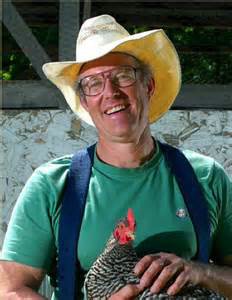
Joel Salatin
April 14, 2016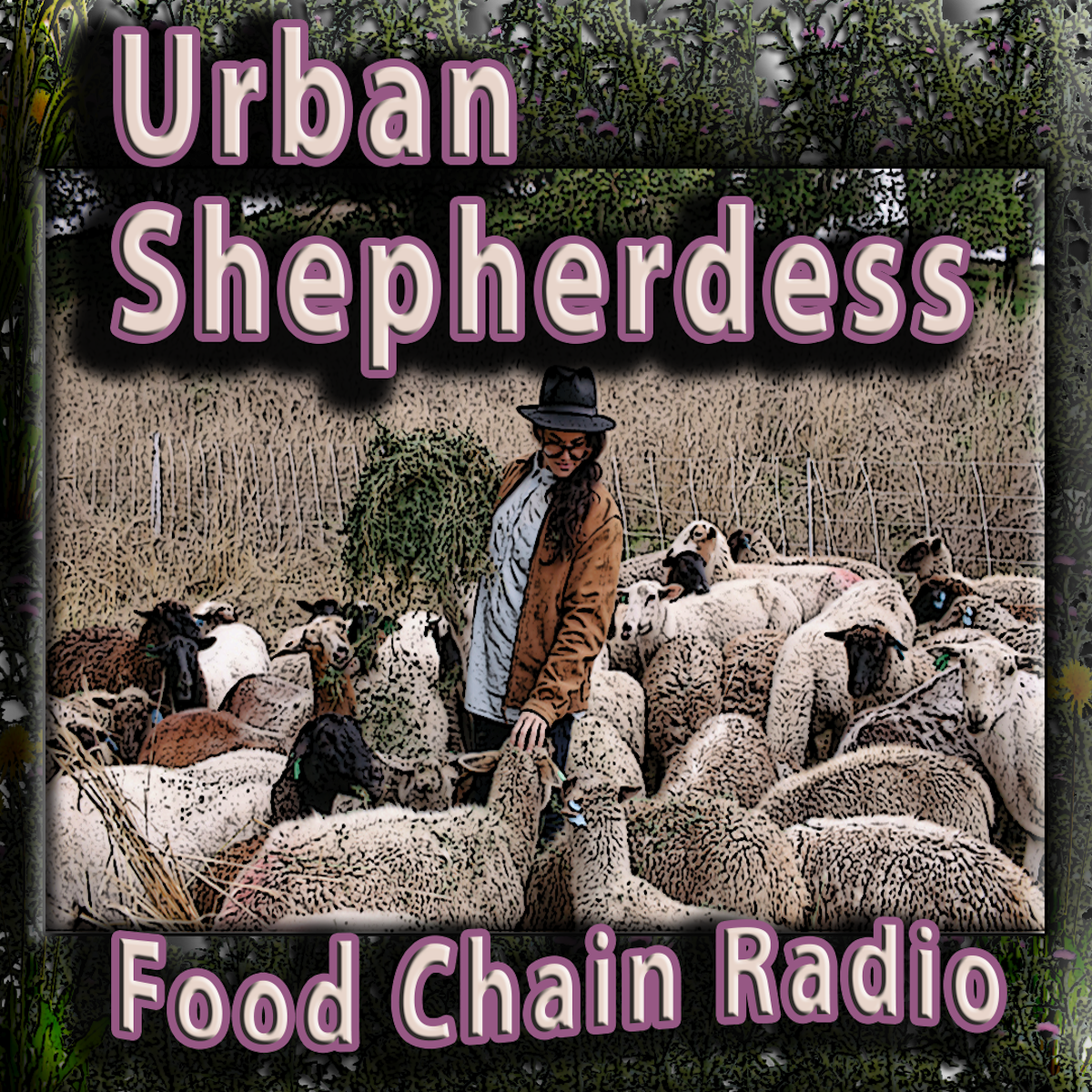
Weed Abatement
April 28, 2016Food Chain Radio Show #1053
Michael Olson, Author & Urban Farming Agriculturalist
Vegetarian
To Eat, Or Not to Eat, Meat
Guest: Marta Zaraska, Author Meathooked: The History and Science of our 2.5-Million-Year Obsession with Meat
I was raised in Montana on diet of meat, potatoes and vegetables.
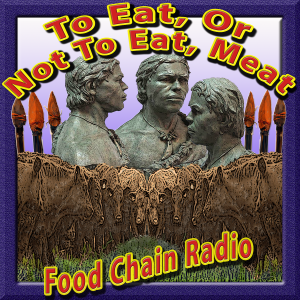
Michael Olson Food Chain Radio – To Eat, Or Not to Eat, Meat – Guest Marta Zaraska, author of Meathooked
Much of the meat my family ate came from the grandparents’ farm or from what we hunted down in the wilds.
Nobody in my family– and very few in the city or state– gave much thought to being omnivorous because there was no alternative to be seen under those great big skies. But then my brother hooked up with a California blonde who happened to be “vegetarian,” and the Olsons were introduced to a new way of thinking about eating.
“Why?” We asked.
“Because vegetarianism is better for our health, less cruel to animals and easier on the environment,” we were told.
The brother’s vegetarian diet– mostly toasted cheese sandwiches– came and went with the California blonde, as did the Olsons’ consideration of vegetarianism.
But I am now a Californian surrounded by those well-armed with facts to back up their arguments that eating meat is harmful to the body, cruel to animals and hard on the environment. And so I ask…
Leave a comment below: Should people stop eating meat?
Tune in here, for the syndicated Food Chain Radio Show #1053 April 30, 2016 Saturday 9AM Pacific

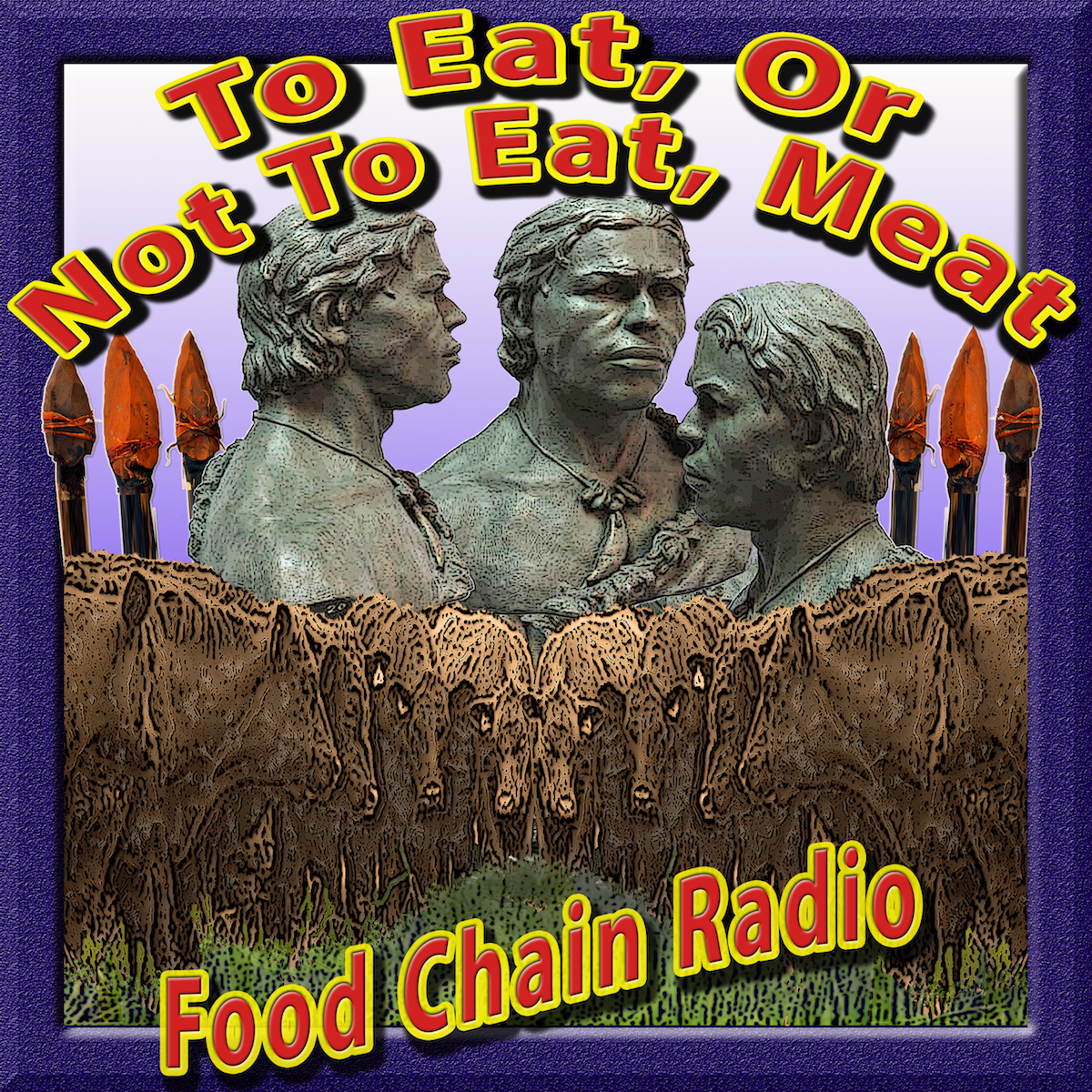

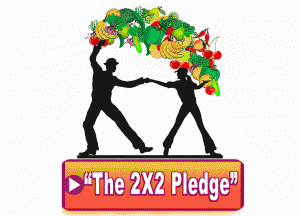
2 Comments
The argument that not eating meat is better for the environment is flawed. Grassfed beef and lamb, or pastured pork or chicken are healthy alternatives to factory farms. True, to eat meat is to kill an animal, but to eat the soy alternative is to kill an entire ecosystem. Millions of acres of monoculture grain production is probably the most destructive force on this planet.
I don’t see how anyone can deny that as a planet we need to eat less meat, and there’s plenty of evidence that meat is not the most resource-efficient way of feeding a nation.
Visitors to America can see the influence of the dairy industry, along with discovering how sweet a lot of the food is to European tastes. In Europe, the supermarkets probably yield more influence on consumers’ tastes and eating habits than in the US: probably why the most profitable part of WalMart is often the ASDA chain it purchased.
Back to topic: Meat-Free Monday is proving a popular initiative in the UK. The Government’s Eatwell Guide is also of interest and updated March 2016 to reduce meat and dairy (https://www.gov.uk/government/publications/the-eatwell-guide).
However, removing government funding from the Change4Life campaign and handing the ‘responsibility’ to the food industry has predictably reduced the campaign’s effectiveness.
As in most aspects of life, Balance is the key.